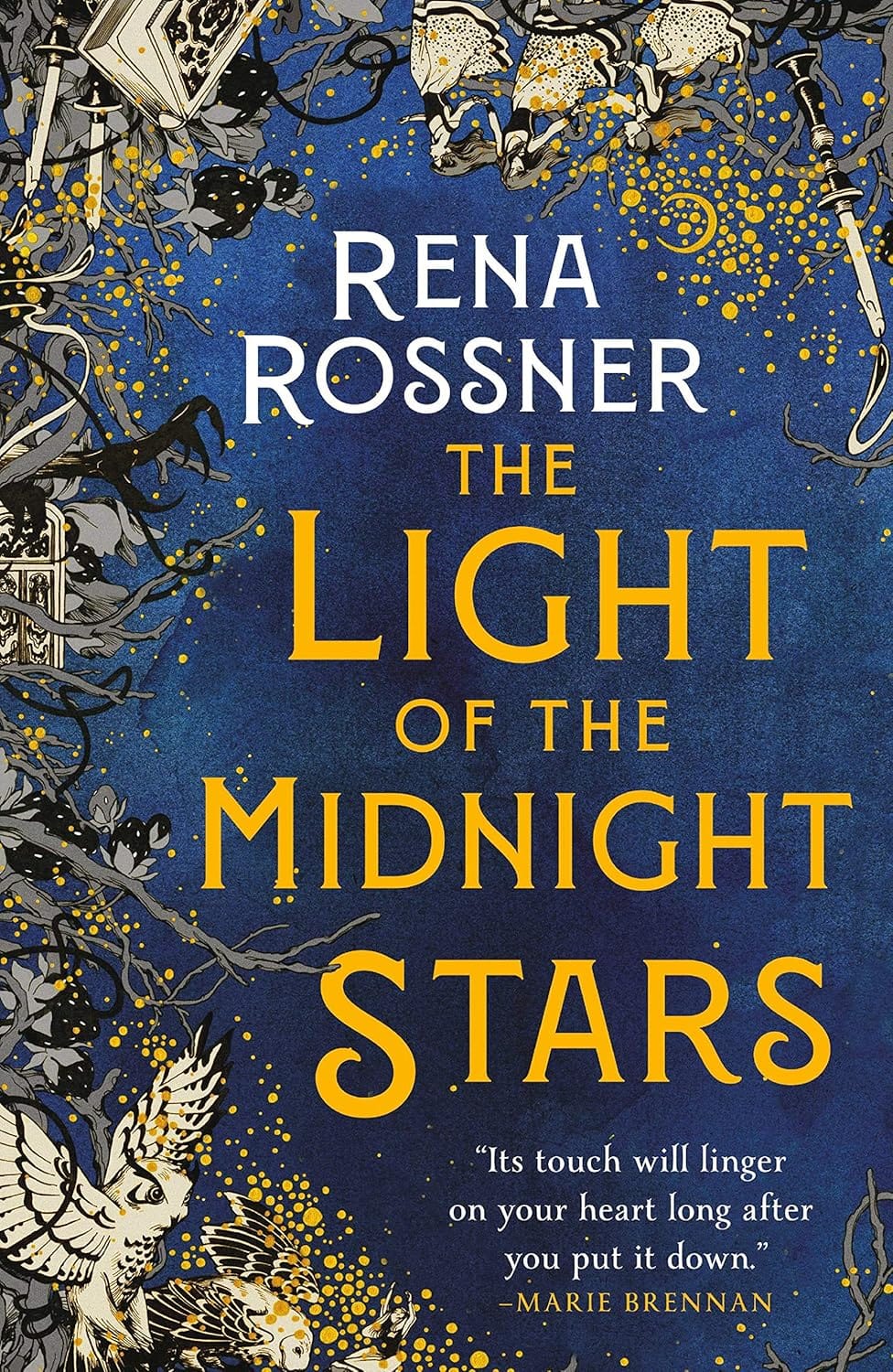Table of Contents
Rena Rossner's rich historical fiction The Light of the Midnight Stars is set in medieval Hungary, where three sisters inherit mystical abilities linked to the stars. Rossner deftly combines vividly developed family drama, Eastern European folklore, and Jewish myth into a gently magical and softly unsettling story.
What's delightful? Rossner's writing is beautiful without being overpowering; it is dreamy and atmospheric, like telling tales in front of a fire on a chilly evening. The sisters’ relationships feel authentic and profound, while remaining distinct enough to resonate with readers (or at least with me). Themes of family, faith, and fate intertwine fluidly to provide a richness to both ordinary and magical obstacles.
What might tug at your heartstrings? The narrative moves with light but enduring suspense; you feel tensions building even in the serene moments, which helps keep the fingers turning pages.
From first loves and familial loyalty to grief and sacrifice, Rossner's story tenderly but sincerely takes on turbulent feelings. As each sister negotiates love, magic, and her own fate, you will find yourself caring for each sister; so, a tissue box close by would not be amiss.
Any caveats? The way the book is structured—told from several points of view—may first need some adaptation for some readers, particularly if you often forget where you set down your phone. The story quickly finds its rhythm, for those who can adjust.
Though exquisitely written, the book can occasionally veer toward the melancholy—this is perfect if you're in the mood for an introspective narrative, but maybe not ideal if you want brightness and fluff.
Overall recommendation: On the whole, The Light of the Midnight Stars is the literary equivalent of stargazing—enchanting, maybe a little lonely, yet full of wonder. This quietly brilliant book will be comforting and captivating if you enjoy folklore-inspired fantasy grounded in authentic characters and thoughtful concepts.
Content warnings: antisemitism, persecution, death of loved ones, violence, religious intolerance, grief.





Comments